
Do You Know About the U.S. GCC Certificate?
The U.S. Consumer Product Safety Commission (CPSC), having joined the U.S. customs framework, has long worked in collaboration with the U.S. Customs and Border Protection (CBP) to inspect products during customs clearance. All products under CPSC jurisdiction that are imported into the U.S. are subject to review. Even if a product passes customs declaration, it cannot be sold without CPSC approval. CPSC oversees categories such as children’s products, including toys, clothing, decorations, etc. Their review includes compliance documentation like the Children’s Product Certificate (CPC), the General Certificate of Conformity (GCC), and the corresponding test reports.
What Is a gcc certificate?
GCCstands for General Certificate of Conformity.
It is a written document certifying that your product complies with specific consumer product safety regULations. It must be issued by the importer or the U.S. domestic manufacturer based on testing or a reasonable testing program. The GCC applies to general-use or non-children’s products, and is also referRED to as the General Use Product Certification.
⚠️ Important Note:
GCC is for general consumer products not related to children's safety (e.g., household goods, apparel, footwear). Children's products (e.g., toys) require the more stringent CPC (Children’s Product Certificate).
Which Products Require a gcc certificate?
GCC applies to non-children’s products, primarily adult-use products listed under CPSC’s GCC-covered product categories. Examples include:
Architectural glazing materials
Adult apparel
Mattresses and bunk beds
Paints and surface coatings
Carpets and rugs
Antennas
Cellulose insulation
Matchbooks
Portable fuel containers
Lawn darts
Bicycles and ATVs
Multi-purpose lighters
Electric lawn mowers
Cigarette lighters
Consumer patching compounds
Garage door openers
Metal candle wicks
Drywall
Special packaging
Bicycle helmets
Artificial fireplace embers
Pool and spa drain covers
Fireworks
Vinyl plastic film
Refrigerator doors
�� For the complete list, refer to the CPSC official website.
Why Do You Need a GCC Certificate?
Products that require a GCC certificate but fail to provide one—or submit a false one—violate the Consumer Product Safety Act (CPSA)and may face civil penalties, criminal prosecution, or asset seizure. Consequently, major e-commerce platforms enforce related restrictions.
Amazon Policy:
Obtaining a GCC is essential for selling certain products (e.g., bicycles, architectural glazing, matchbooks, bicycle helmets, bunk beds). Without a GCC, your listings may be removed or blocked.
Temu (U.S. Pinduoduo) Policy:
Temu mandates that all textile and clothing products must have a valid GCC certificate uploaded. Failure to comply may result in product delisting.
Specific GCC Requirements
According to platform rules, uploaded GCC documentation must meet the following criteria:
1. Document Consistency
All test items, report numbers, product models, and style numbers must match. Testing labs, manufacturer details, test dates, and addresses must reflect reality.
2. Formal Documentation
The uploaded GCC must be an official version, including at least an English copy. All documentation must be genuine and verifiable.
3. Product Images
Images must show model numbers, style numbers, and manufacturer names and addresses—without pinyin.
4. Testing Report Standards
Reports must include product details, sample photos, and official signatures and stamps from the lab.
5. GCC Content Requirements
The certificate must list the certificate holder’s name and address, importer and manufacturer details, production date and location, and third-party lab info.
6. Required Testing Items
Apparel must comply with 16 CFR 1610flammability requirements. If other regulations apply, testing must be conducted accordingly to ensure compliance.
Frequently Asked Questions
1. Who must be provided with the GCC certificate?
Manufacturers or importers must provide the GCC to distributors or retailers. Upon request, a copy must be provided to the CPSC and U.S. customs authorities.
2. What is the basis for issuing a GCC certificate?
A GCC must be based on product-specific testing or a reasonable testing program. While third-party lab reports recognized by CPSC are not mandatory, reports from internal, external, or third-party labs are acceptable.
3. What is the validity period of the GCC and test reports?
There is no fixed validity period. Sellers are advised to update documents regularly and re-test if the product design or manufacturing process changes.
4. Can GCC certificates be electronic only?
Yes. Electronic GCCs are acceptable as long as they are accessible by CPSC and include all CPSA-required information.
5. Are there language requirements for the GCC and test reports?
Yes. The GCC and its corresponding test reports must be in English.
Email:hello@jjrlab.com
Write your message here and send it to us
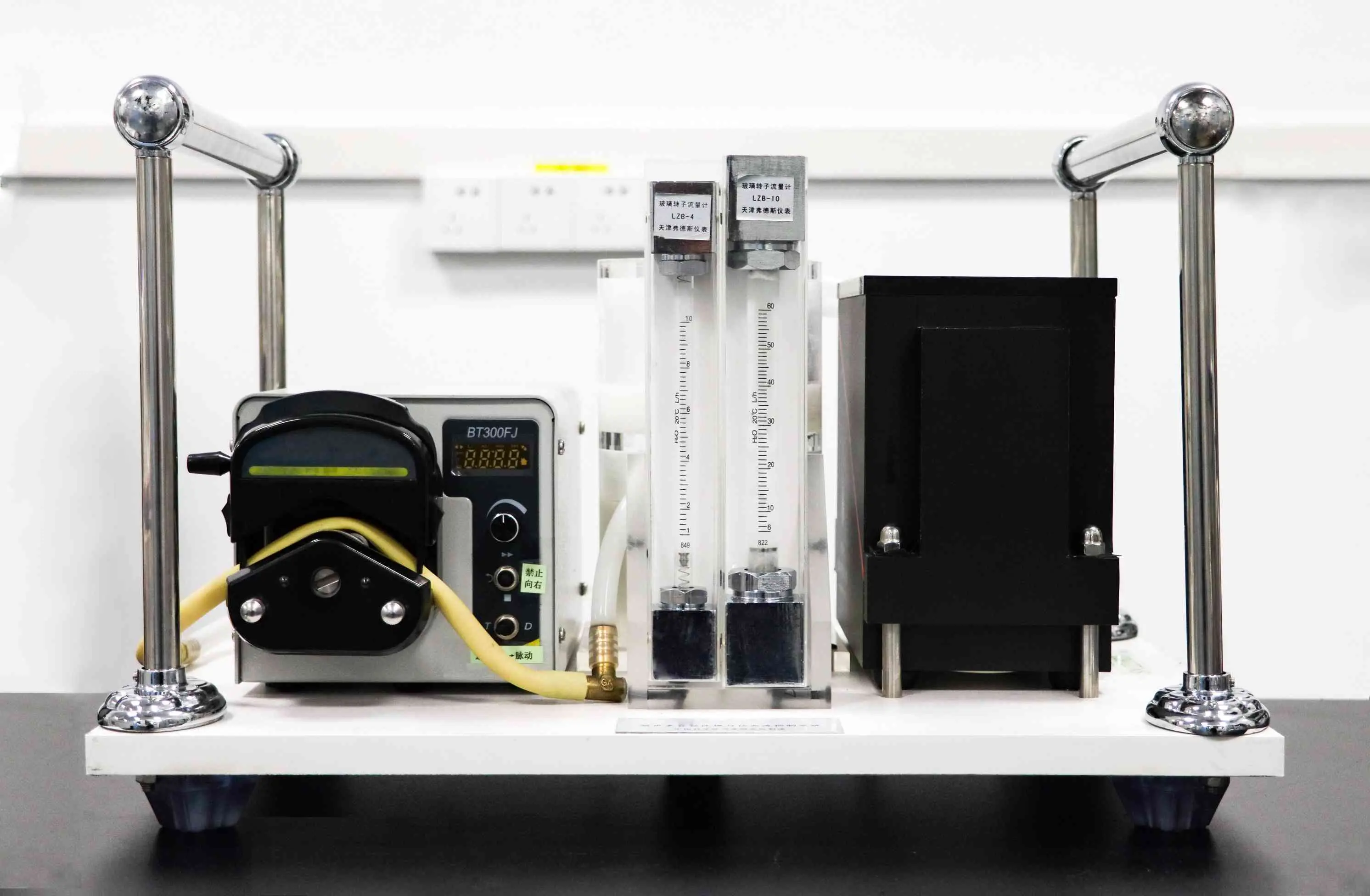 LFGB Food Contact Material Testing for Silicone Ki
LFGB Food Contact Material Testing for Silicone Ki
 Guide to Applying for Australian RCM Certification
Guide to Applying for Australian RCM Certification
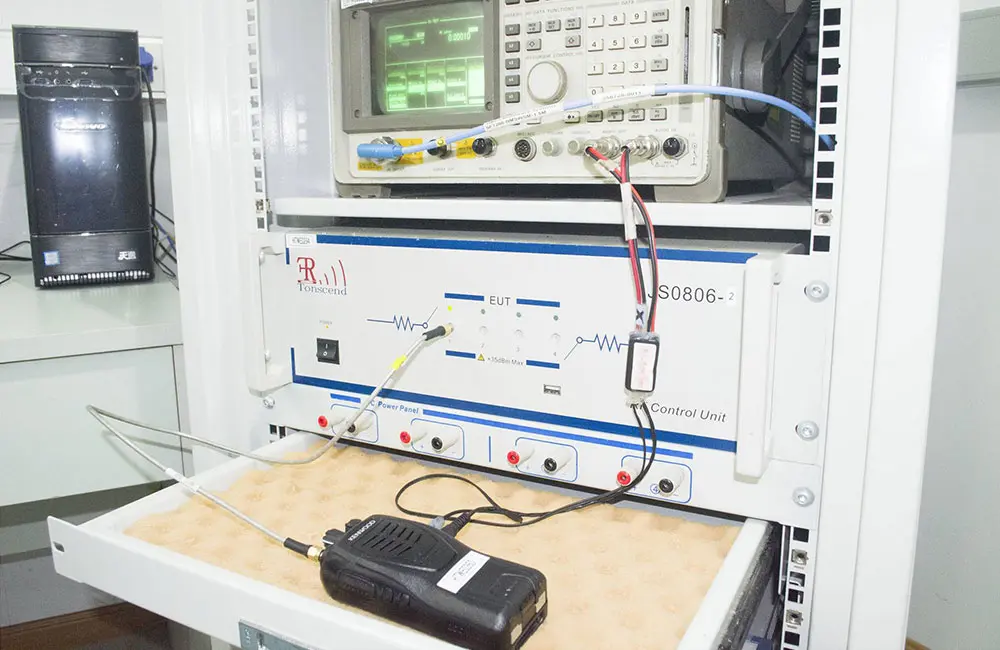 UL 1598 Luminaire Safety Test Items and Procedures
UL 1598 Luminaire Safety Test Items and Procedures
 Introduction to UL 60745-1 Test Items
Introduction to UL 60745-1 Test Items
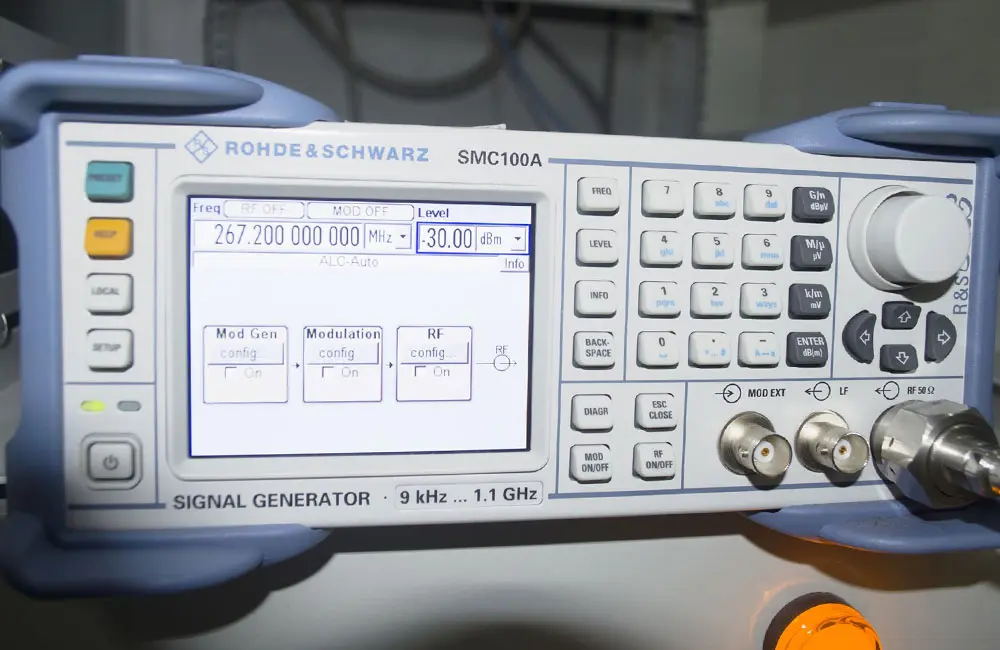 EU GPSR Certification Test Items and Processes
EU GPSR Certification Test Items and Processes
 Introduction to EU RoHS Test Items
Introduction to EU RoHS Test Items
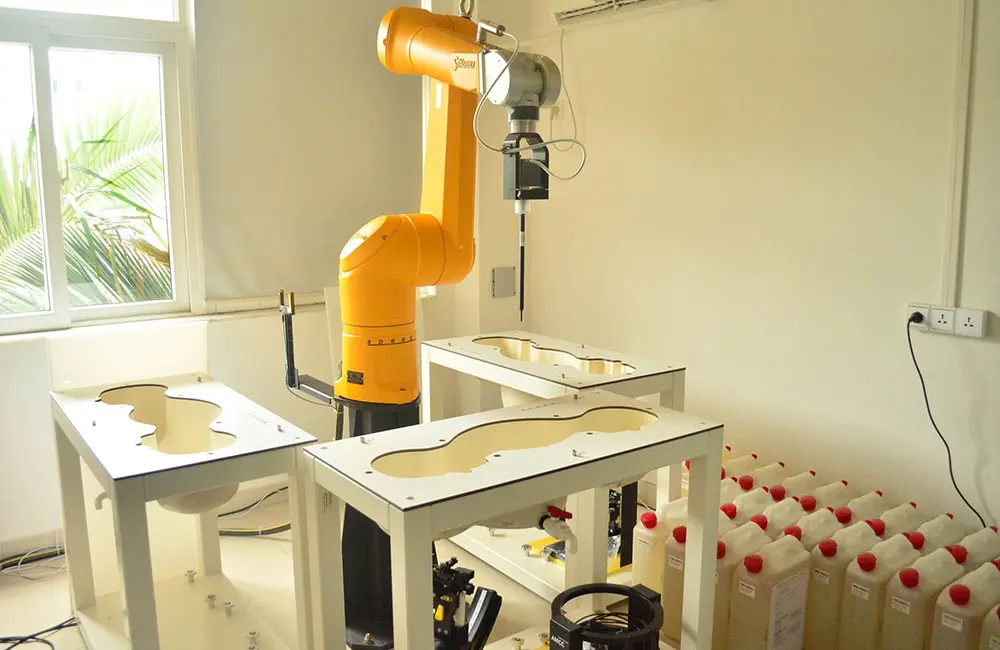 Introduction to IP68 Testing Standards and Methods
Introduction to IP68 Testing Standards and Methods
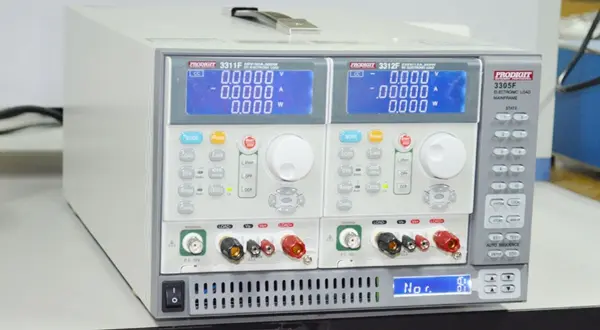 CE-RED Certification Test Process for Wireless Pow
CE-RED Certification Test Process for Wireless Pow
Leave us a message
24-hour online customer service at any time to respond, so that you worry!




